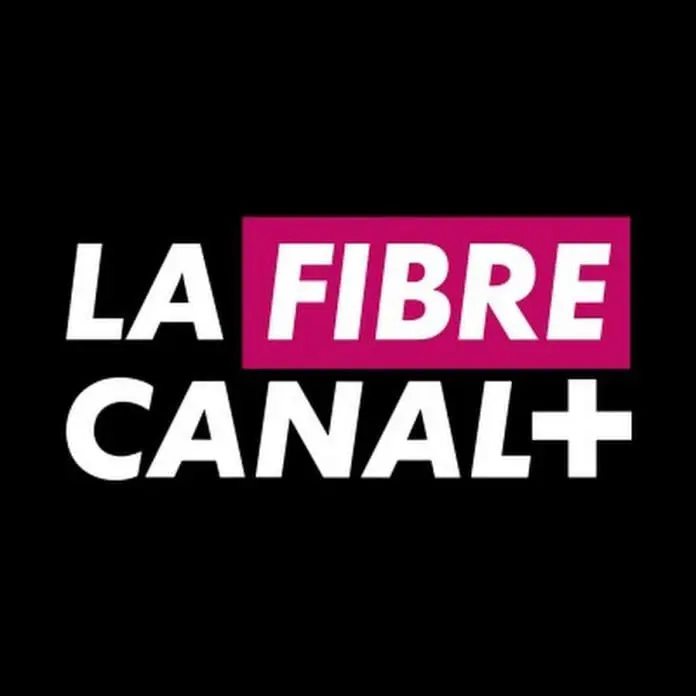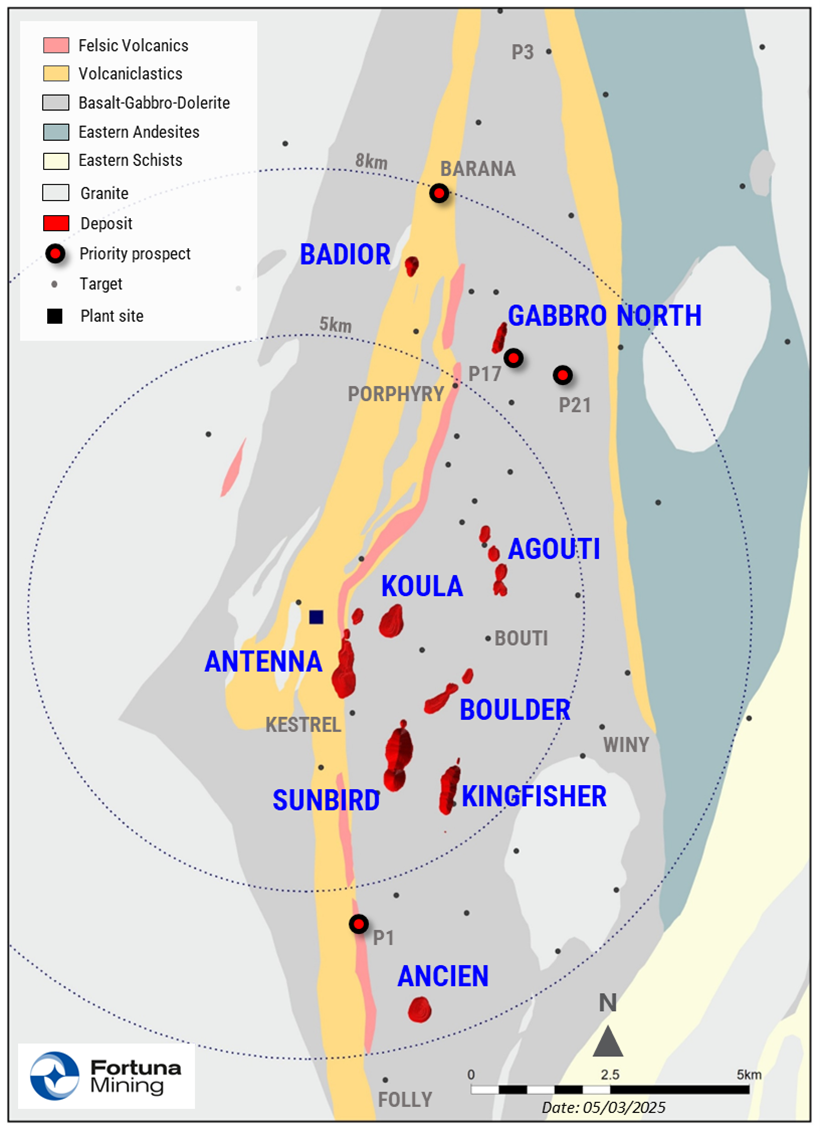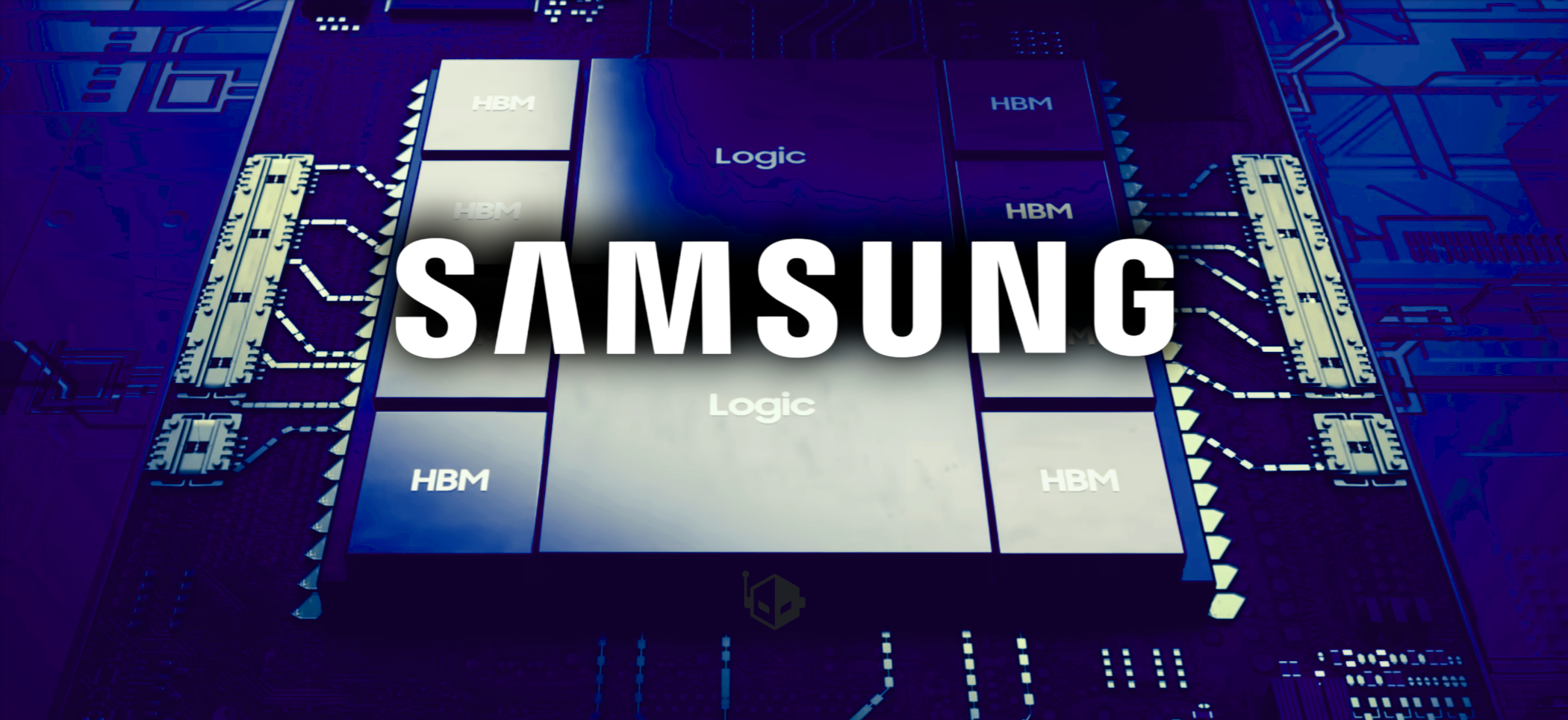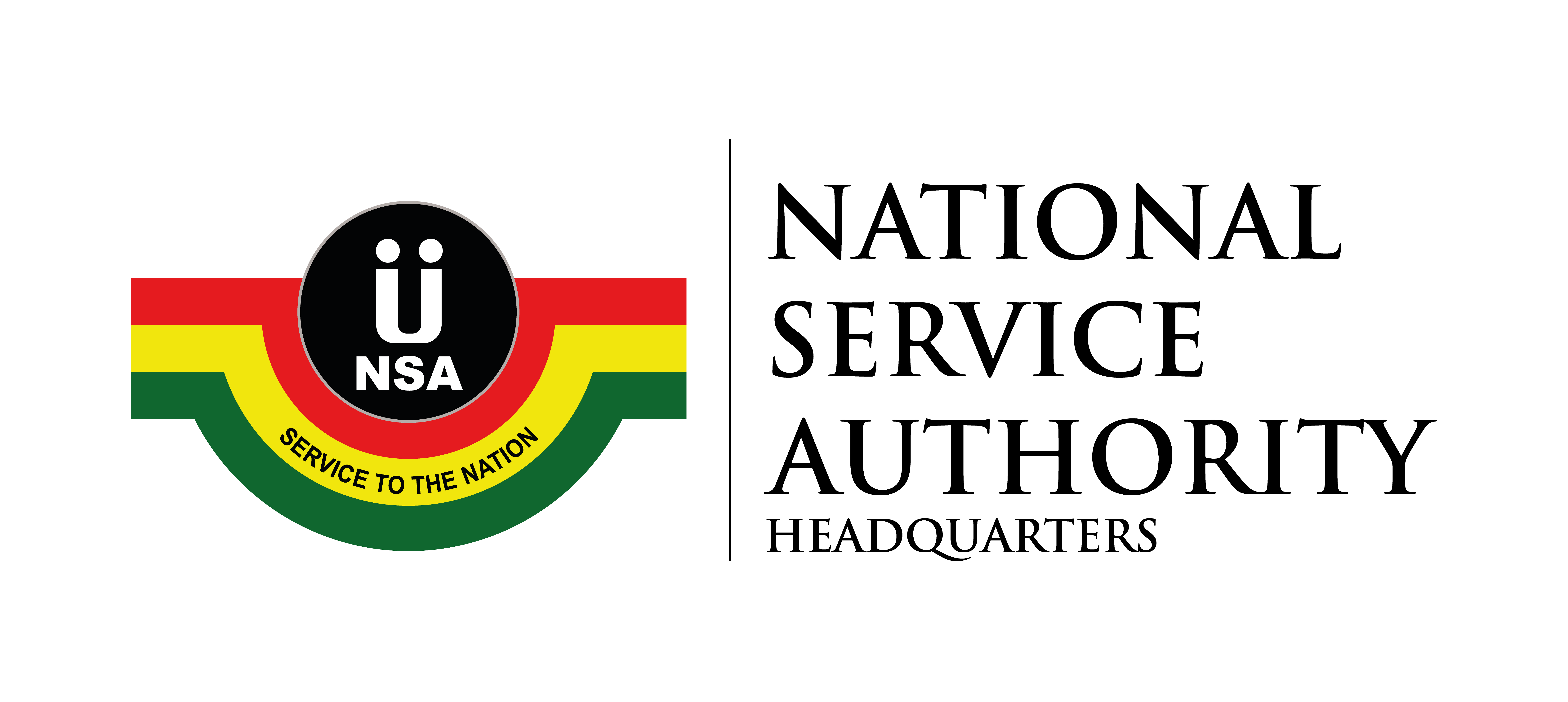Copyright ghanamma

Group Vivendi Africa’s planned launch of fibre broadband services in Ghana through its CanalBox brand promises consumers faster internet speeds and stronger competition, but realizing those benefits requires vigilant regulation preventing anti competitive practices that have undermined previous market entries, according to a leading competition economist. Appiah Kusi Adomako, West African Regional Director of CUTS International and Co Chair of Ghana Extractive Industries Transparency Initiative, welcomes Canal Plus’s entry while cautioning that optimism surrounding the development must be tempered with realism about Ghana’s telecommunications history. The country has seen multiple market entries that failed to fundamentally change dynamics or consumer experiences, he notes. “The announcement of Canal Plus fibre broadband in Ghana is a welcome development,” Adomako stated. “It holds promise for better access, more choice, lower cost, and stronger competition. But optimism must be matched with realism and regulatory vigilance.” Group Vivendi Africa, parent company of CanalBox, plans to launch high speed fibre to the home internet services in Ghana beginning with Accra and Kumasi, marking the company’s entry into its tenth African market. A delegation led by Chief Executive Officer Jean François Dubois met with Ghana’s Minister for Communication, Digital Technology and Innovation Samuel Nartey George in Accra to discuss the commercial rollout. Minister George described GVA’s proposed pricing model as “revolutionary” and consistent with government’s vision to expand affordable digital access nationwide. “I’m fully committed to initiatives that lower data costs and expand fibre connectivity across Ghana,” George stated, pledging to engage the Energy Minister and Electricity Company of Ghana management to address infrastructure access challenges. The minister encouraged GVA to submit detailed proposal outlining service plan, investment framework, and areas requiring ministerial intervention. He also suggested collaboration between GVA and Canal Plus to bundle broadband access with premium entertainment content from Canal Plus and MultiChoice, potentially reshaping Ghana’s pay TV and internet ecosystem. Canal Plus completed acquisition of South African pay TV giant MultiChoice Group in October 2025, securing 94.39 percent stake. The timing proves significant, as MultiChoice Ghana has spent much of 2025 under pressure from Ghanaian authorities over subscription prices after attempts to raise DStv tariffs triggered threats of regulatory action. A fibre led offer gives Canal Plus route to defend video revenues when traditional satellite revenues face political scrutiny. By distributing channels and on demand services over its own broadband pipe and potentially steering viewers toward legal streaming via Showmax, Canal Plus can retain control of premium content while addressing long standing piracy and grey import decoder issues in Ghana. GVA has deployed over 40,000 kilometers of fibre optic cable across Africa, covering more than 2.8 million homes and businesses in Burkina Faso, Democratic Republic of Congo, Rwanda, Congo, Côte d’Ivoire, Togo, Gabon, Uganda, and Benin, where it recently launched CanalBox services in Cotonou and Abomey Calavi. The company intends to replicate its successful mass market fibre model proven across these nine African countries. Adomako explained that Ghana’s broadband market is inherently contestable, meaning with the right policy environment, new entrants can successfully capture fair market share. Unlike the voice segment where subscribers resist changing numbers, broadband consumers show far more flexibility and willingness to switch providers if they receive better deals. “The broadband market is very contestable and it makes it possible for new entrants to enter the market, so I am sure that Canal Plus fibre will be able to get a share of the consumer pie,” he noted. “Unlike the voice market where the majority of subscribers do not want to change their numbers, consumers can easily switch fibre broadband providers if the algebra adds up.” Yet the competition economist stressed that Canal Plus’s presence could trigger healthy shake up in Ghana’s telecom ecosystem only if regulatory bodies like the National Communications Authority ensure a level playing field preventing dominance and sustaining fair competition. Ghana’s telecom history contains promising announcements that failed to transform market dynamics or consumer experiences because regulatory frameworks proved inadequate. “As someone deeply focused on competition and consumer protection, I believe that true benefits will only arrive if the entry of this provider triggers a market shift: more challengers, better infrastructure access, and empowered consumers,” Adomako stated, emphasizing that competition isn’t one time event where a new player enters and everything magically improves. The central concern involves whether Ghana’s competition laws prove strong enough to handle sophisticated market manipulation. Predatory pricing, where incumbents temporarily slash rates to bankrupt competitors before raising them again, abuse of dominant positions, and refusals to collaborate with smaller players all require robust legal frameworks to combat effectively. “This is where we need competition laws that truly protect the consumer,” Adomako noted, highlighting a gap that has plagued Ghana’s telecom sector for years. Without adequate enforcement, Canal Plus’s entry might not matter long term if incumbents deploy anti competitive tactics that regulations fail to prevent. Ghana’s broadband market has seen new entrants before with mixed results at best. Multiple internet service providers operate, yet prices remain high relative to regional peers and service quality varies wildly. Subscribers frequently complain about high installation costs, unreliable speeds, and inconsistent customer service, challenges GVA’s entry promises to address but must deliver on to justify enthusiasm. If successful, CanalBox could pressure existing fibre operators including MTN, Vodafone, and Teledata, who have struggled to expand coverage beyond urban centers. The question becomes whether six months or a year from now, ordinary Ghanaians can point to specific ways their internet experience improved because of this entry. If not, then excitement was premature and Ghana’s broadband challenges run deeper than simply needing another provider. As of 2021, Ghana had over 11,000 kilometers of fibre optic cable infrastructure connecting over 2,000 communities across the country. Fiberisation efforts led to significant increases in broadband penetration, from 1.7 percent in 2008 to 38.5 percent in 2020, according to National Communications Authority data. Average broadband speed increased from 1.5 Mbps in 2014 to 17.8 Mbps in 2020. Despite these achievements, coverage remains uneven with rural and remote areas lagging behind urban centers in terms of broadband access. The cost of broadband services stays high for many Ghanaians, limiting ability to fully benefit from digital opportunities. Quality of service and customer experience from some broadband providers has drawn criticism, calling for more regulation and oversight. Minister George has emphasized critical importance of standardized specifications in protecting Ghana’s fibre optic infrastructure. Without standardized specifications, Ghana risks fragmentation, continued infrastructure destruction, inefficiency, and high maintenance costs. Standards covering aspects from trenching depth to splicing procedures prove essential as the nation pushes toward increased broadband coverage, especially in rural communities. The minister stressed that protection of fibre infrastructure is non negotiable, calling for collective effort from all stakeholders including communication operators, infrastructure providers, municipalities, and contractors. He urged active participation in shaping Ghana’s fibre future by adhering to and refining standards. Adomako called on citizens and stakeholders to support the initiative while demanding accountability. For Ghana to reap full rewards of Canal Plus’s investment requires continuous monitoring of pricing structures, interconnectivity access, and consumer protection frameworks. Without that vigilance, excitement could fade quickly, leaving consumers right where they started. The broader context matters significantly. Ghana’s broadband future depends not on how many companies operate but on whether the regulatory and market environment makes them genuinely compete for consumer business. Competition isn’t about press releases announcing new market entrants but about daily pressure that forces all providers to continuously improve or lose customers. Canal Plus’s announcement represents news, but it shouldn’t be the end of the story. The real test involves whether implementation delivers on promises of revolutionary pricing and whether regulatory authorities prevent anti competitive practices that could undermine potential benefits. Success requires sustained commitment from government, regulators, industry players, and civil society organizations monitoring market conduct. The initiative’s timing aligns with government goals to expand digital inclusion and reduce data costs nationwide, priorities Minister George has championed consistently. Government readiness to support genuine investors committed to enhancing Ghana’s digital infrastructure and bridging connectivity gaps creates favorable environment, but support must be matched with enforcement ensuring fair competition. Whether Canal Plus’s entry proves transformative or merely incremental depends on execution details not yet revealed. No commercial launch date or final tariff has been confirmed. GVA must table formal proposal covering rollout plans, pricing, and specific bottlenecks where it needs state support. Until then, consumers should maintain cautious optimism while demanding regulatory vigilance ensuring promised benefits materialize. For consumers, the potential exists for improved access to affordable, unlimited broadband connectivity if Canal Plus delivers on commitments and regulators prevent incumbents from using market power to suppress competition. The convergence of fibre broadband with premium entertainment content through Canal Plus and MultiChoice could create compelling value propositions unavailable from traditional internet service providers. Yet history suggests skepticism remains warranted until concrete improvements emerge. Ghana’s telecommunications sector has seen numerous announcements promising transformation that failed to deliver because implementation fell short, regulatory enforcement proved inadequate, or incumbents successfully defended market positions through tactics regulations couldn’t prevent. The coming months will reveal whether Canal Plus’s fibre launch represents genuine breakthrough or another case of promising announcements failing to fundamentally change market dynamics. The answer depends less on Canal Plus’s intentions than on Ghana’s regulatory capacity to enforce competitive markets and government commitment to supporting new entrants while preventing anti competitive conduct by established players threatened by disruption.



